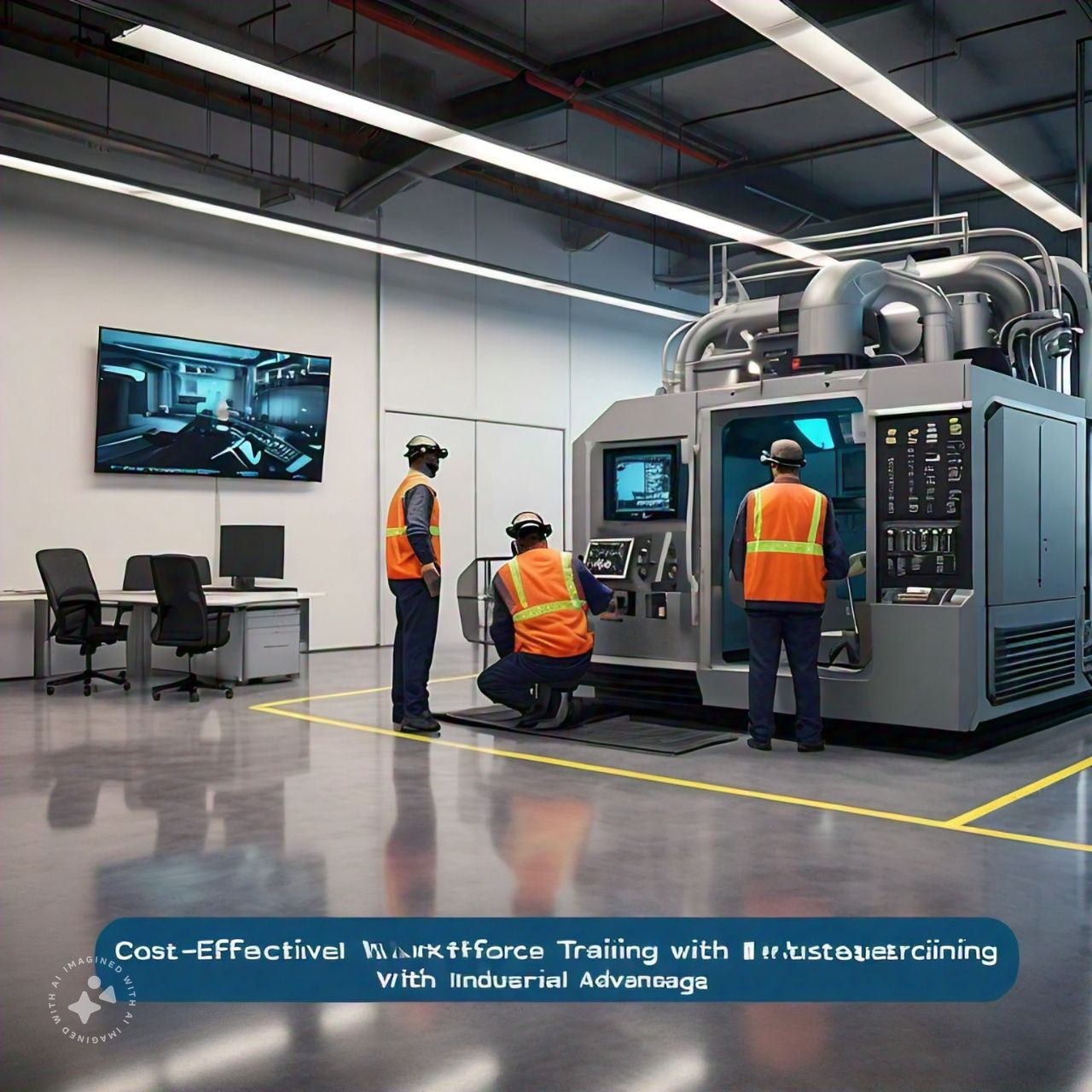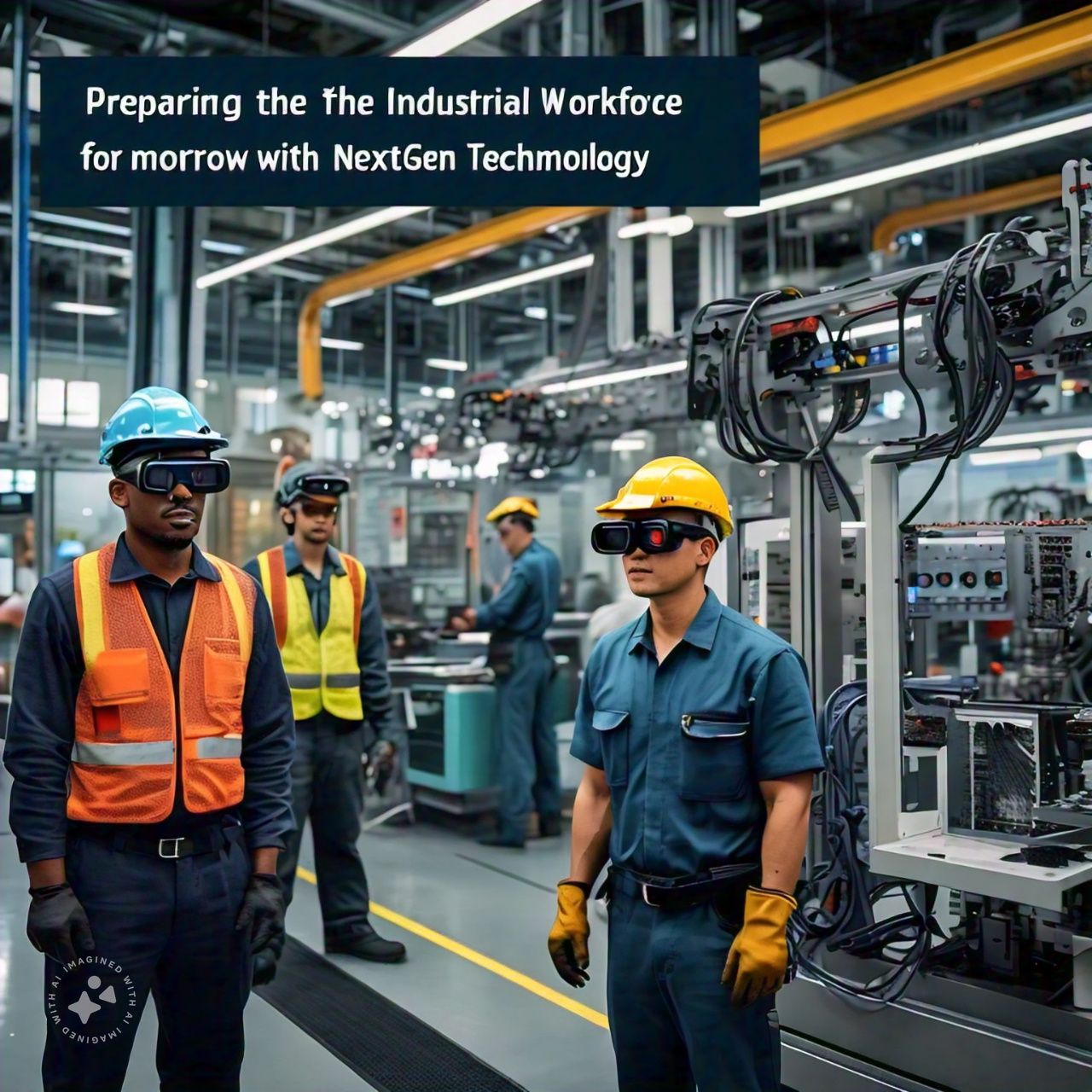
As technology continues to evolve, virtual reality (VR) is becoming more than just a tool for entertainment—it’s transforming industries, especially the tech sector. For companies looking to implement and scale VR solutions, Virtual Reality Consulting for Tech Companies offers the expertise required to successfully navigate this complex landscape. Whether it’s developing immersive training modules, creating virtual collaboration spaces, or launching customer-facing VR products, VR consulting helps businesses scale these solutions efficiently and effectively.
This article will explore strategies that VR consultants use to assist tech companies in scaling their VR solutions, from development and deployment to user experience optimization and business integration.
Why Tech Companies Need Virtual Reality Consulting
Virtual reality is a sophisticated technology that requires specialized knowledge in software, hardware, and user experience. For tech companies, VR consulting is essential for the following reasons:
- Expertise in VR Technology: VR consultants offer specialized knowledge that in-house teams may lack, especially when it comes to developing and scaling VR applications for diverse use cases.
- Cost Efficiency: Developing VR solutions from scratch can be expensive. Consultants help tech companies optimize their resources, making the implementation process more cost-effective.
- Faster Time to Market: By working with VR consultants, companies can avoid many common pitfalls and streamline their development process, accelerating their time to market.
- Customization for Specific Needs: Tech companies have varying needs depending on their industry focus—be it gaming, healthcare, or education. VR consultants customize strategies and solutions that best fit these unique requirements.
Key Strategies for Scaling VR Solutions
Here are some of the top strategies that Virtual Reality Consulting for Tech Companies use to help scale VR solutions:
1. Start with a Pilot Program
Scaling VR solutions successfully begins with a small, focused project or pilot program. A VR consultant will recommend launching a pilot to test the viability of the technology within the company’s specific business environment. The pilot can focus on a single department or business need, such as training or product visualization. Consultants guide the project, ensuring the technology performs as expected and identifying improvements before rolling it out on a larger scale.
2. Optimize VR Software for Scalability
One of the most significant challenges tech companies face is ensuring that their VR software can scale as their business grows. VR consultants focus on building scalable VR applications from the beginning by using cloud-based platforms, modular software designs, and open standards. They ensure that the software can handle increased user loads, additional features, and integrations with other business systems without significant overhauls.
Consultants also ensure that the VR content is optimized for different devices, from high-end VR headsets to more accessible platforms like mobile VR or web-based VR applications. This ensures that the solution can be scaled across a wide range of devices and use cases.
3. Leverage Cloud Infrastructure for VR Content Delivery
To scale VR solutions efficiently, companies must consider how VR content is delivered to users. Cloud-based VR infrastructure allows businesses to store, manage, and deliver high-quality VR content across the globe without the need for extensive physical infrastructure. VR consultants work with tech companies to integrate cloud solutions, which not only reduces costs but also ensures that VR experiences remain fast and responsive, even as the user base grows.

4. Develop a Data-Driven Approach for Improvement
Data is key to the success of any scalable VR solution. VR consultants help tech companies collect and analyze user data to gain insights into how people interact with their VR environments. This data includes user behavior, time spent in VR, interactions with virtual objects, and any technical issues that arise.
By analyzing this data, consultants can provide recommendations on improving user experience, adjusting features, or refining the interface, ensuring that the solution becomes more effective as it scales. They also implement feedback loops to continuously improve the product based on real-world usage.
5. Integrate VR with Existing Business Systems
For VR solutions to be truly scalable, they must integrate seamlessly with a company’s existing business systems. Whether it’s tying VR training modules into a Learning Management System (LMS), integrating VR collaboration tools with internal communication systems, or linking virtual product demonstrations with customer relationship management (CRM) software, the goal is to ensure that VR becomes an integral part of the company’s operations.
VR consultants help tech companies identify these integration points and work with their IT teams to ensure smooth transitions. By integrating VR with existing tools and platforms, tech companies can maximize the value of their VR investment and ensure that it scales along with other core business functions.
Challenges in Scaling VR Solutions
Scaling VR solutions isn’t without its challenges. Here are a few obstacles that VR consultants help tech companies overcome:
- Hardware Limitations: Not all users have access to high-end VR headsets or systems capable of running complex VR applications. Consultants help businesses build solutions that can work across a wide range of devices, from high-end systems to mobile and web-based platforms.
- User Adoption: Encouraging user adoption is critical for the success of any new technology. VR consultants often assist in designing user-friendly experiences and conducting training sessions to ensure that employees and customers alike can easily adapt to the new technology.
- Content Creation Costs: Developing high-quality VR content can be costly. Consultants help tech companies prioritize content creation, focusing on high-impact areas first and using modular approaches to reuse content in different scenarios.
Conclusion
For tech companies looking to scale their VR solutions, working with Virtual Reality Consulting for Tech Companies provides invaluable expertise and strategic guidance. From launching pilot programs to optimizing software for scalability and integrating VR into existing systems, consultants ensure that the technology is implemented efficiently and cost-effectively. As VR continues to transform industries, tech companies that invest in expert consulting will be better positioned to leverage this powerful technology and maintain a competitive edge in their markets.
FAQs
1. How does virtual reality consulting benefit tech companies?
Virtual reality consulting helps tech companies by providing expertise in VR development, ensuring cost-effective and scalable solutions, and optimizing software for enhanced performance.
2. What are the biggest challenges in scaling VR solutions?
The main challenges include hardware limitations, content creation costs, and ensuring widespread user adoption. Consultants help tech companies overcome these obstacles by offering tailored strategies and solutions.
3. Can VR solutions be integrated with existing business systems?
Yes, VR consultants help integrate VR solutions with existing business systems, such as CRM platforms and communication tools, to maximize the effectiveness and scalability of the technology.








